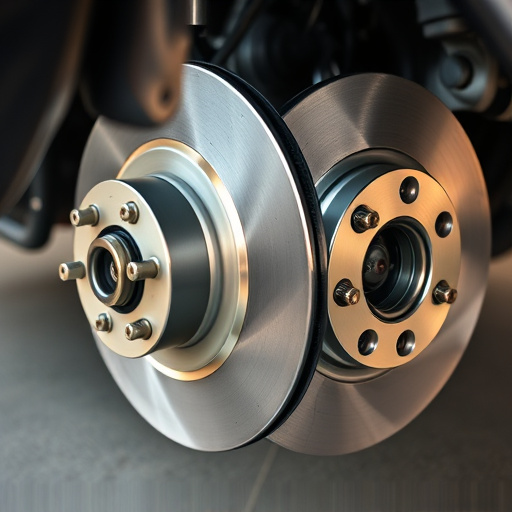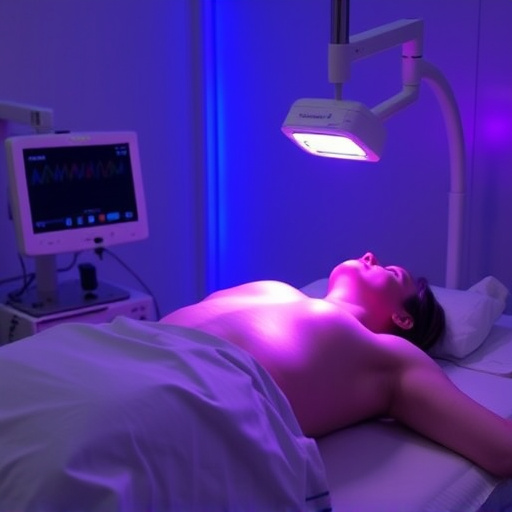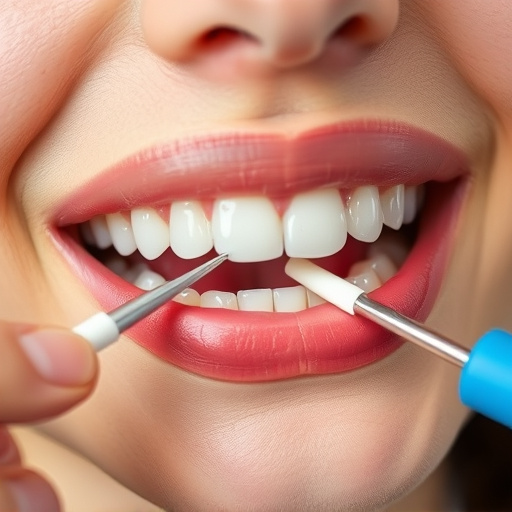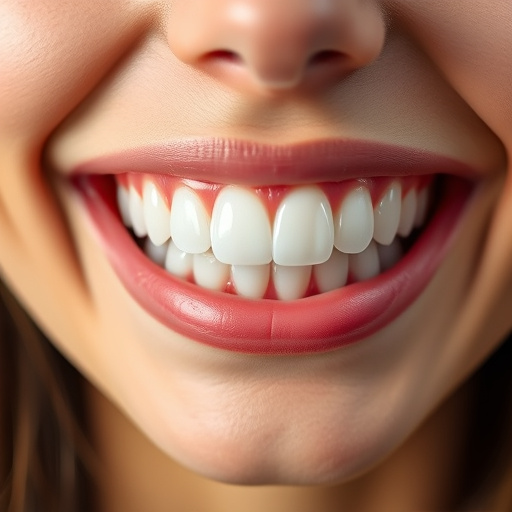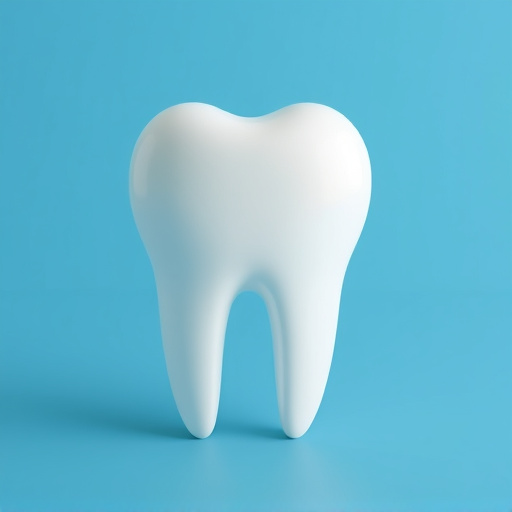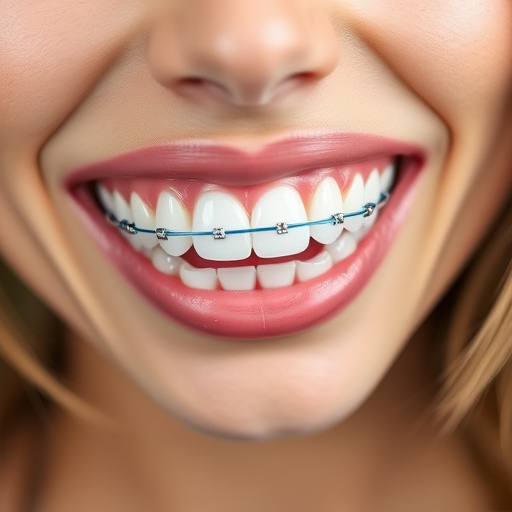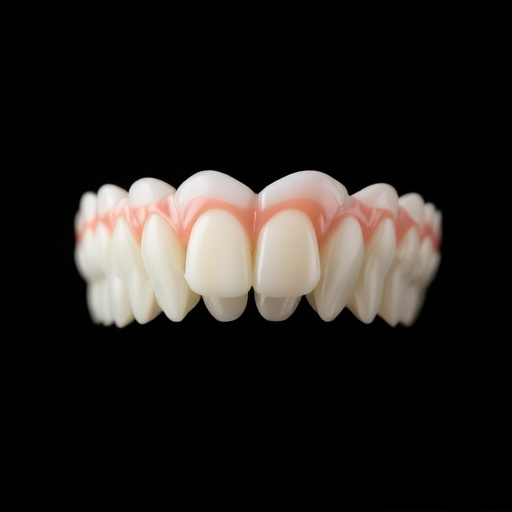Night guards, or occlusal guards, are crucial tools to prevent and manage bruxism (teeth grinding), mitigating risks of tooth wear, fractures, and TMJ disorders. Custom-fitted guards offer optimal comfort and protection for severe cases, while ready-made options are cost-effective for children's dentistry. Both types ensure healthier teeth and gums by preventing grinding-induced dental issues, promoting better oral health overall.
Selecting the perfect night guard for grinding can transform your sleep quality and overall well-being. This article guides you through the process, from understanding the basics of dental guards to identifying crucial factors during selection. We explore various types, their unique benefits, and how to align your choice with specific needs. By the end, you’ll be equipped to make an informed decision, ensuring a restful night’s sleep while addressing bruxism (teeth grinding).
- Understanding Night Guard for Grinding: The Basics
- Factors to Consider When Choosing a Night Guard
- Types of Night Guards and Their Benefits
Understanding Night Guard for Grinding: The Basics
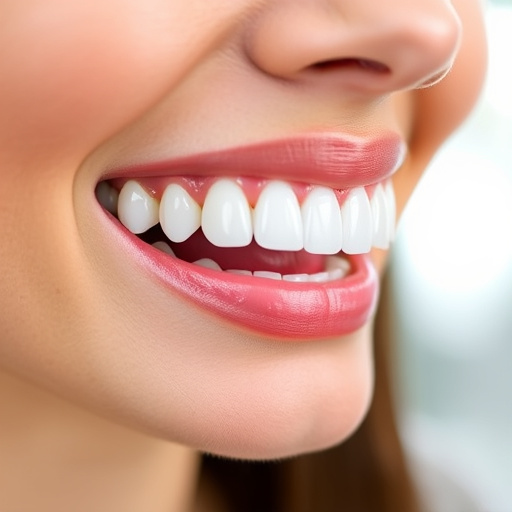
Night guard for grinding, also known as occlusal guards or bite plates, are custom-fitted devices worn during sleep to protect your teeth from damage caused by bruxism—a condition characterized by involuntary clenching or grinding of teeth. This problem can lead to serious dental issues, including tooth wear, fractures, and temporomandibular joint (TMJ) disorders. By customizing a night guard that fits comfortably in your mouth, you can minimize these risks and promote healthier teeth and gums.
Understanding the importance of night guards for grinding goes beyond just protecting teeth. They also play a crucial role in restorative dentistry, helping to preserve the structure of your dentition and potentially reducing the need for extensive dental procedures later on. For children’s dentistry, night guards can be particularly beneficial during growth periods when teeth are still developing. Moreover, comprehensive dental care involves proactive measures like using night guards to prevent future dental problems and ensure optimal oral health.
Factors to Consider When Choosing a Night Guard
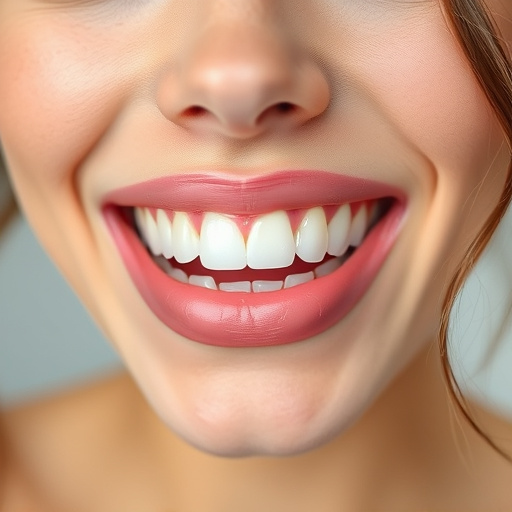
When choosing a night guard for grinding, there are several key factors to consider that go beyond simply finding a protective barrier for your teeth. Firstly, assess the level of comfort and fit. A well-fitted night guard should be snug but not overly tight, as this can cause discomfort or even damage to your jaw over time. Look for guards made from soft yet durable materials that contour to the shape of your teeth. This ensures a comfortable night’s sleep while also providing effective protection against grinding.
Another crucial aspect is durability and material quality. Since you’ll be wearing the guard nightly, it needs to withstand the rigors of constant use. Consider options crafted from high-quality silicone or other long-lasting materials that resist tearing, cracking, or becoming brittle over time. Additionally, think about the overall design and functionality, such as whether it allows for easy cleaning, has a secure fit with no irritating edges, and accommodates any specific dental needs or preferences for a more comprehensive dental care routine, including options like dental bonding or clear aligners.
Types of Night Guards and Their Benefits
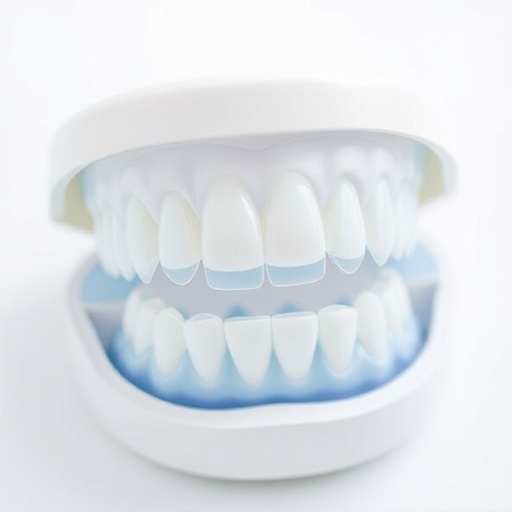
Night guards for grinding, also known as occlusal guards, are essential tools to protect your teeth from damage caused by bruxism (teeth grinding). They come in various types, each with distinct benefits tailored to different needs. Custom-fitted night guards are made specifically for an individual’s bite, offering superior comfort and effectiveness. These are typically preferred as they provide a precise fit, reducing the risk of slippage during sleep. This type is ideal for those experiencing significant tooth wear or seeking long-term protection.
In contrast, ready-made night guards are more affordable and readily available but may not offer the same level of comfort or protection. They can be a good option for children’s dentistry, as they are often easier to adjust and less noticeable, ensuring compliance with wearing them regularly during sleep. While not as customized, these guards still play a vital role in tooth repair and can significantly reduce symptoms associated with bruxism, such as headaches and jaw pain. Additionally, regular dental cleanings become more accessible with the use of night guards, as they help maintain oral health by preventing teeth grinding from exacerbating existing dental issues.
When selecting a night guard for grinding, understanding your specific needs and considering various factors is key. By evaluating material comfort, fit, protection levels, and cost, you can choose the right night guard that enhances performance, prevents injury, and ensures a peaceful sleep. Remember, the ideal night guard for grinding should offer tailored relief while aligning with your budget.
